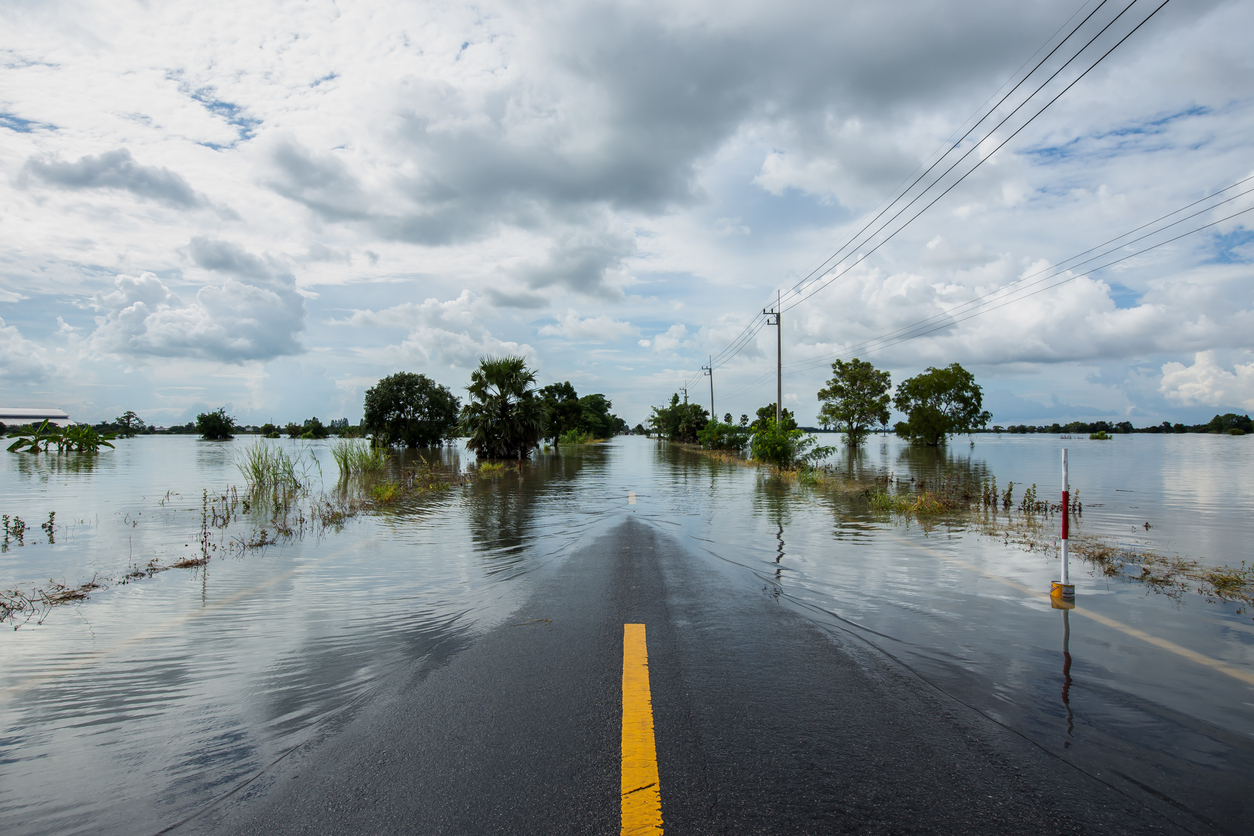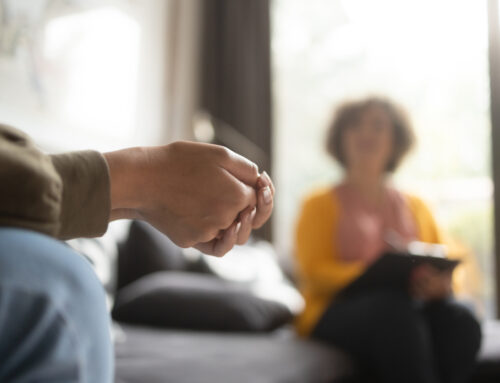Natural disasters, including hurricanes, floods, and wildfires, can be overwhelming and traumatic, profoundly disrupting and altering the course of lives. The emotional and mental toll can significantly impact immediate functioning and long-term well-being. Learning to cope with the aftermath of these challenges is essential for recovery and healing.
Acknowledge Your Feelings
It’s normal to experience a wide range of emotions after a natural disaster, including fear, anxiety, sadness, and even anger. Allow yourself to feel these emotions without judgment. Recognizing and accepting your feelings is the first step toward healing.
Seek Support
Connecting with others, especially those who have experienced similar circumstances, can provide comfort and reduce feelings of isolation. Talk to family, friends, and support groups about your experiences and emotions. Sharing one’s story is a powerful tool for processing trauma.
Practice Self-Care
Self-care is vital for any recovery. It includes getting enough sleep, eating nutritious meals, and engaging in physical activity. Maintaining a routine that incorporates self-care can provide a sense of normalcy and control during uncertain times.
Limit Media Exposure
While staying informed is important, excessive exposure to news and social media can increase stress and anxiety. Set boundaries for how much time per day you spend consuming disaster-related news and focus on reliable sources.
Engage in Mindfulness and Relaxation Techniques
Deep breathing, meditation, and yoga can help calm the mind and reduce stress. These techniques can also improve your coping with ongoing challenges and uncertainties.
Focus on What You Can Control
Natural disasters can leave people feeling powerless. Instead, focus on the areas of your life that you can influence, such as your daily routine, safety precautions, and small tasks that give you a sense of accomplishment.
Participate in Community Recovery
Getting involved in community recovery efforts can foster a sense of purpose. Volunteering or supporting local initiatives can also foster a sense of connection. empowerment and contribute to collective healing.
Support Children and Vulnerable Family Members
Children and vulnerable family members may need additional support during and after a disaster. Be open to their questions, provide reassurance, and involve them in recovery efforts in age-appropriate ways. Keep routines as consistent as possible to give a sense of stability.
Seek Professional Help
If your emotional distress persists or interferes with your daily life, consider seeking help from a mental health professional. Therapists can provide support and strategies tailored to your specific needs.
Coping with the emotional and mental impact of natural disasters takes time. By acknowledging your feelings, seeking support, and engaging in self-care and professional help when needed, you can build resilience and navigate the road to recovery. Remember, asking for help and taking things one step at a time is okay.






